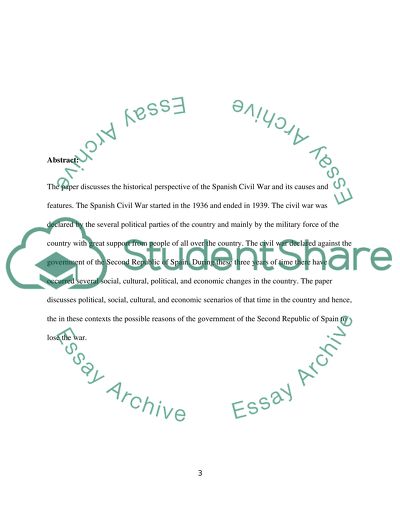Cite this document
(“Was the Second Republic always destined to loose the war conflict in Research Paper”, n.d.)
Retrieved from https://studentshare.org/history/1395045-was-the-second-republic-always-destined-to-loose
Retrieved from https://studentshare.org/history/1395045-was-the-second-republic-always-destined-to-loose
(Was the Second Republic Always Destined to Loose the War Conflict in Research Paper)
https://studentshare.org/history/1395045-was-the-second-republic-always-destined-to-loose.
https://studentshare.org/history/1395045-was-the-second-republic-always-destined-to-loose.
“Was the Second Republic Always Destined to Loose the War Conflict in Research Paper”, n.d. https://studentshare.org/history/1395045-was-the-second-republic-always-destined-to-loose.


